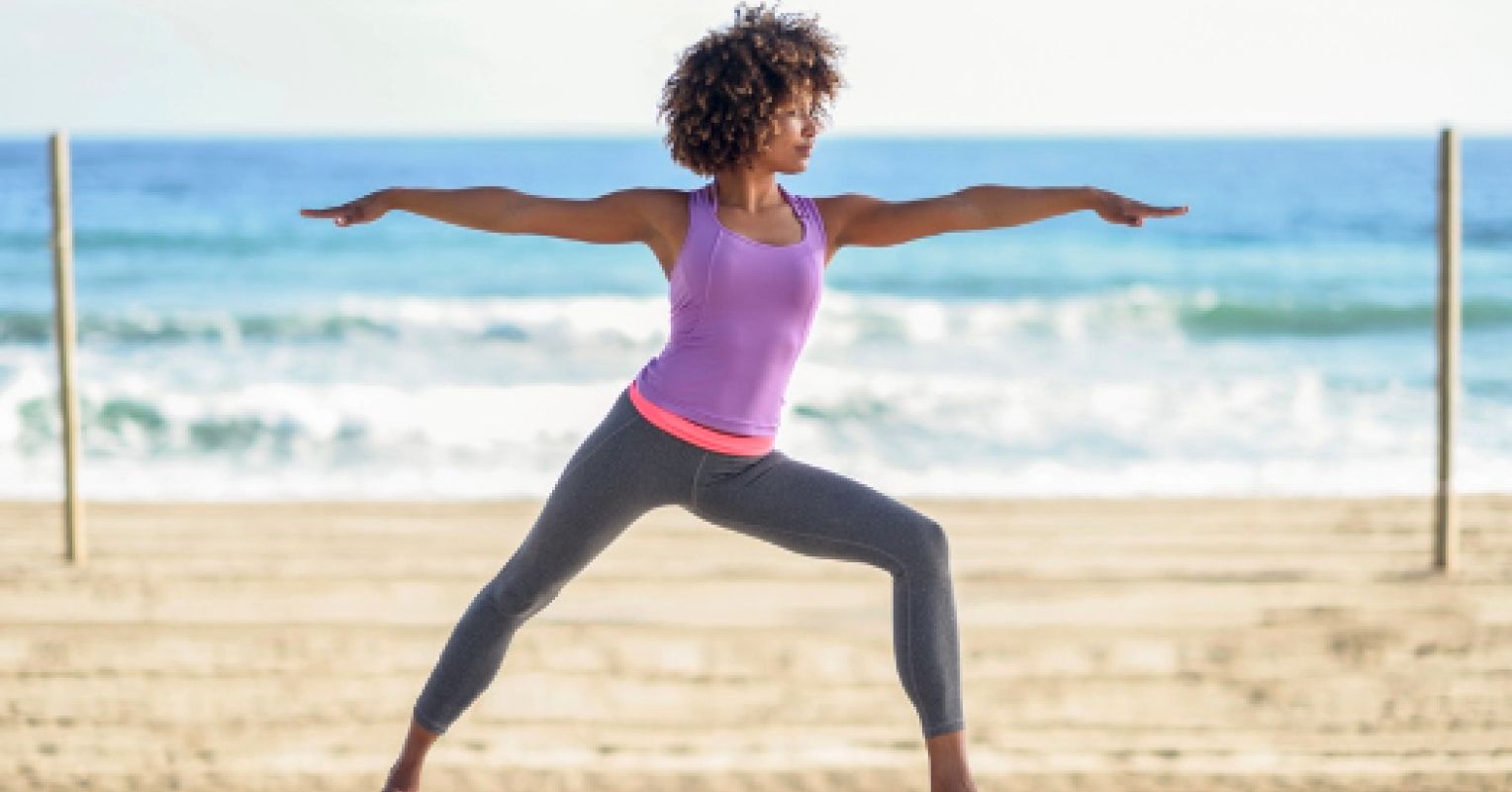
"Yoga is an ancient practice of philosophy and movement that originated in India thousands of years ago (Uebelacker et al., 2021) and was introduced to the U.S. in 1893 (Yatham et al., 2023). In 2008, yoga organizations worked with the Department of Health and Human Services to officially recognize September as National Yoga Awareness Month, a time to celebrate and raise awareness about the health benefits of yoga ( AllYoga, 2024)."
"When some people think of yoga, they imagine a very flexible person who can contort the body into what seem to be impossible postures, however, the reality is that people of all ages and physical abilities can learn how to use yoga as a lifestyle skill for exercise, healing, and psychological calm. Given that about 38 million people in the U.S. practice yoga ( Asivana, 2025), we can assume that everyone chooses their specific style of yoga in a unique way."
"There are over 100 styles of yoga, so to help people gain an understanding of popular styles of yoga, Yoga Medicine described 13 of the most popular styles including: Kundalini, vinyasa, hatha, ashtanga, yin, Iyengar, Bikram, power, Sivananda, restorative, prenatal, aerial, and acro. In addition, chair, paddleboard, and adaptive yoga are other popular styles. When choosing a practice, important things to keep in mind are that you have medical clearance to practice yoga and that you listen to where your body is on each day of practice."
Yoga originated in India thousands of years ago and reached the U.S. in 1893, with September recognized as National Yoga Awareness Month to promote health benefits. Yoga accommodates people of all ages and abilities and functions as exercise, healing, and psychological calm. Approximately 38 million people in the U.S. practice yoga and choose from over 100 styles; prominent styles include Kundalini, vinyasa, hatha, ashtanga, yin, Iyengar, Bikram, power, Sivananda, restorative, prenatal, aerial, and acro. Chair, paddleboard, and adaptive yoga are also popular. Safe practice requires medical clearance and attention to daily bodily limits. Yoga supports strength, balance, respiratory and cardiovascular health, community building, and reductions in stress, anxiety, and depression.
Read at Psychology Today
Unable to calculate read time
Collection
[
|
...
]